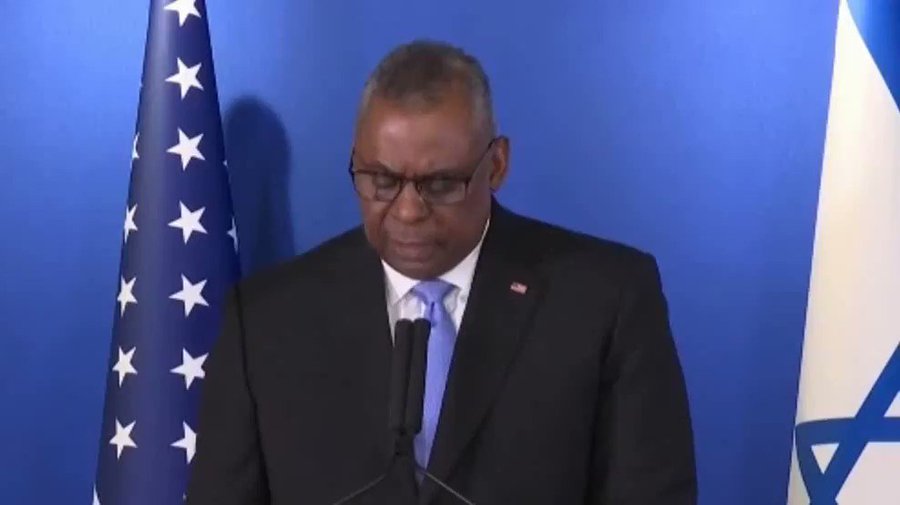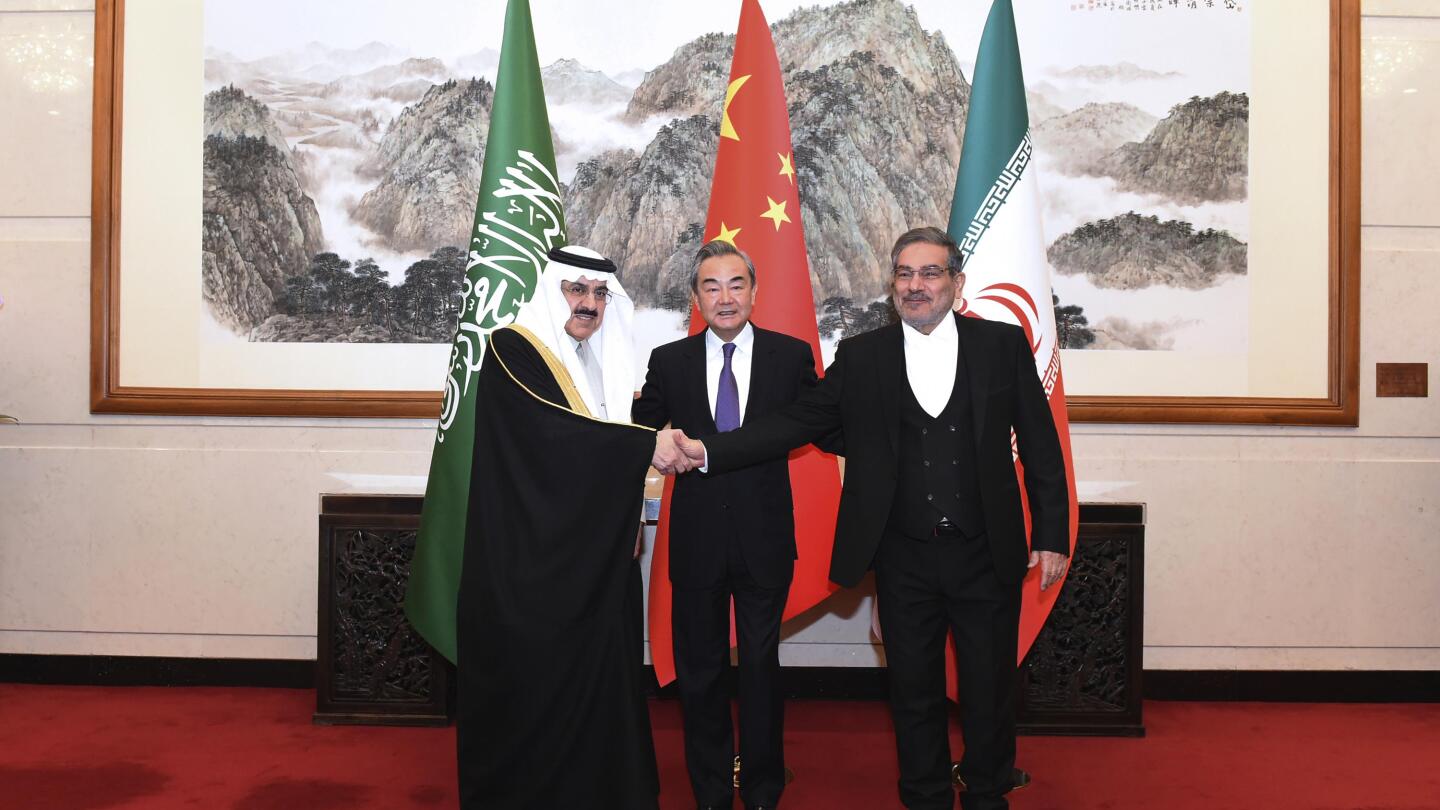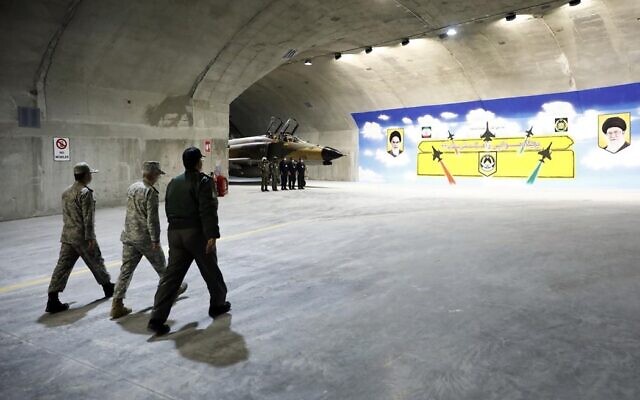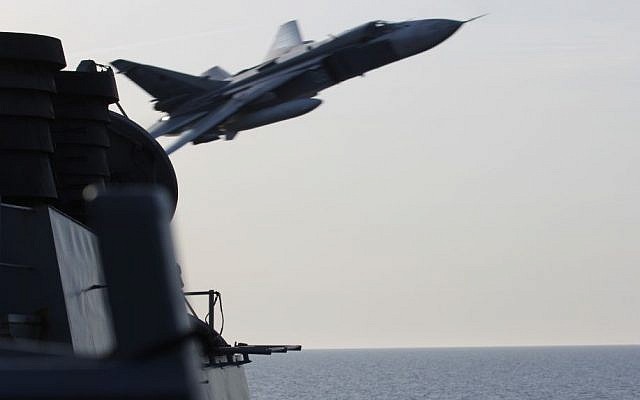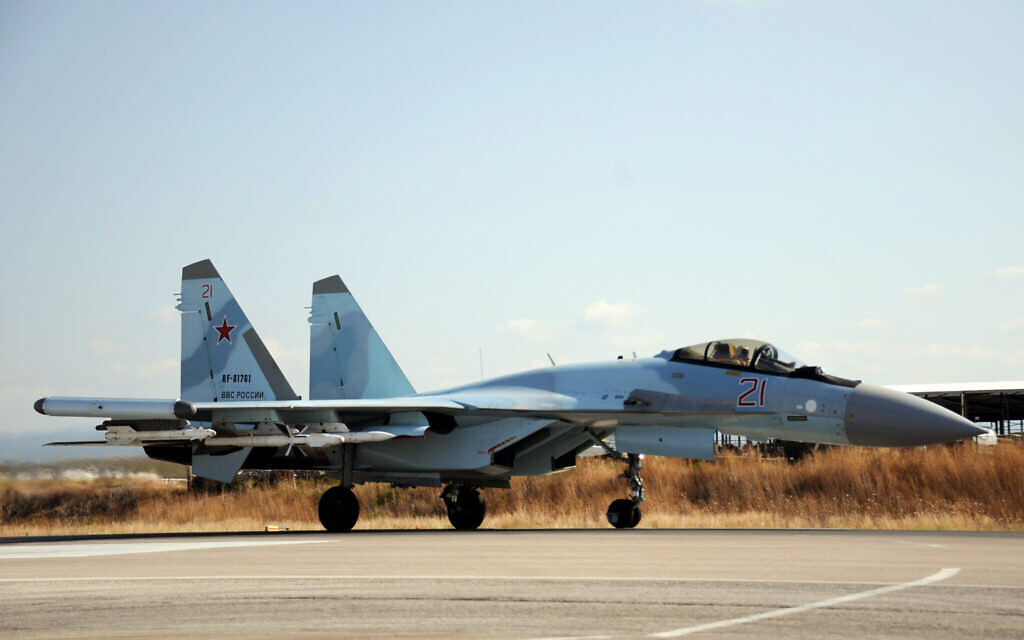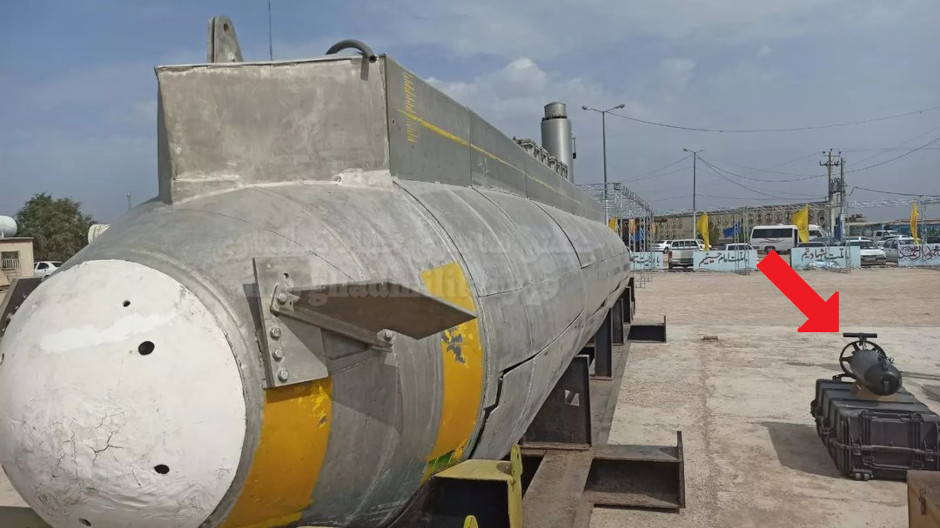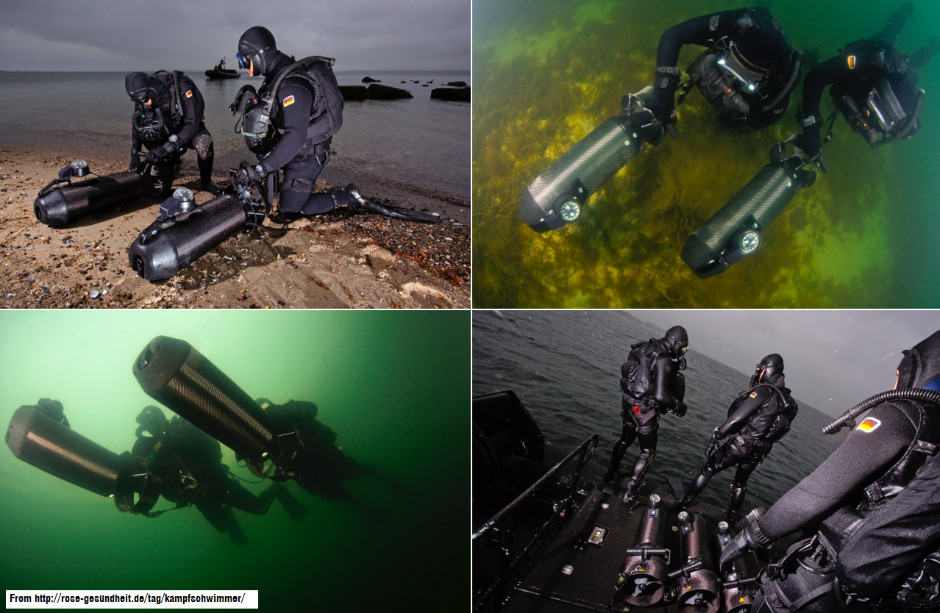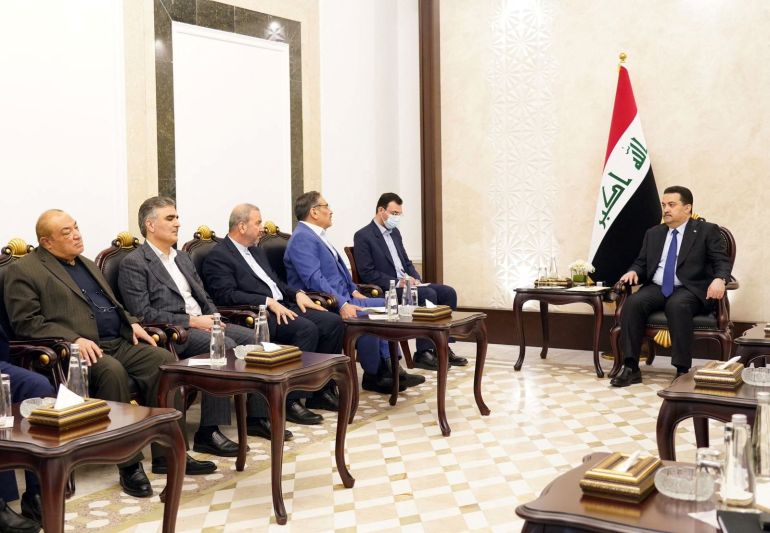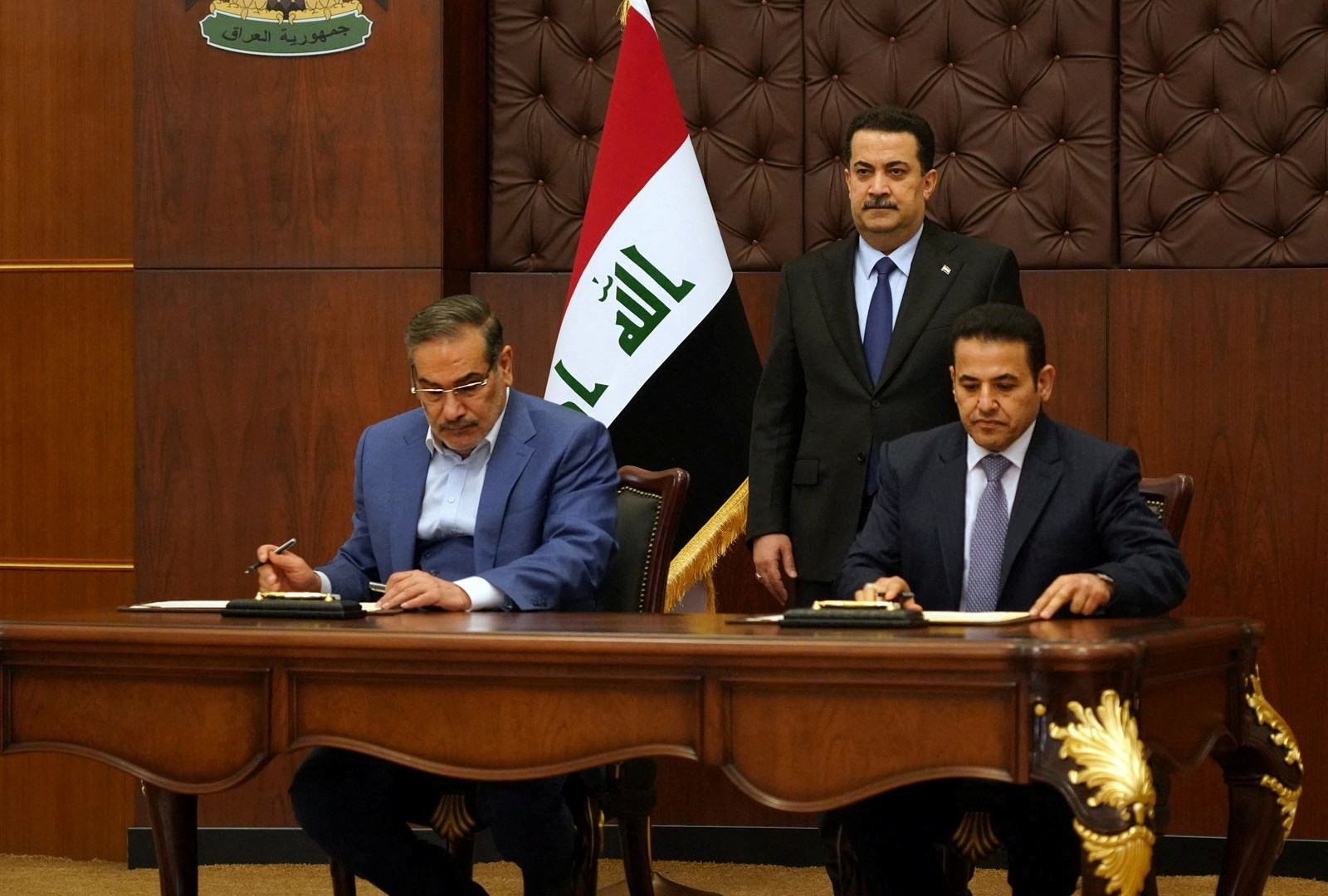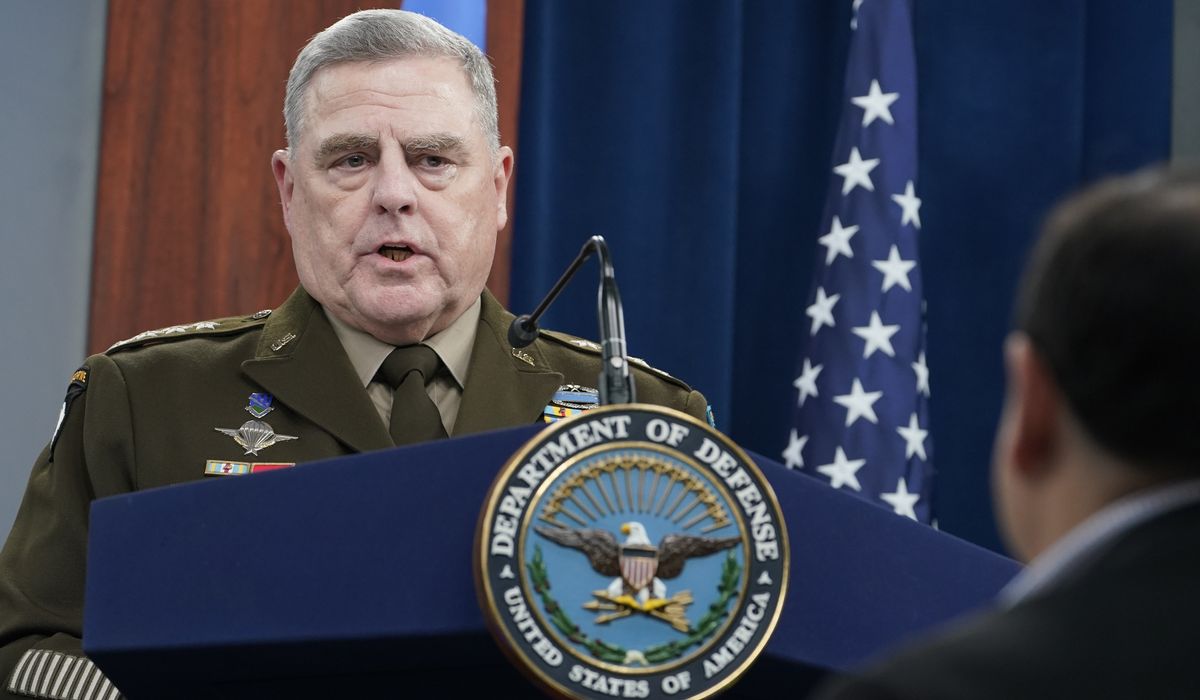The IAEA Just Bought Some Time for Nuclear Diplomacy With Iran
Kelsey Davenport
11–14 minutes
Earlier this month, Rafael Grossi, the director-general of the International Atomic Energy Agency, or IAEA, traveled to Tehran amid
growing concern over the proliferation risk posed by Iran’s expanding nuclear activities. In particular, the IAEA had recently detected uranium enriched to 84 percent in an Iranian nuclear site, at a time of heightened tensions due to the breakdown in multilateral talks on reviving the Iran nuclear deal.
During Grossi’s trip, Iran
agreed to allow the IAEA to reestablish certain transparency measures at select nuclear sites. Iran had suspended IAEA access and monitoring measures at these locations in violation of the 2015 nuclear deal, known formally as the Joint Comprehensive Plan of Action, or JCPOA. While the two sides must still work out the details that will determine the extent of the agreement’s benefits, any increase in transparency is a positive step that bodes well for international efforts to contain Iran’s nuclear program.
The agreement with the IAEA is the first step toward a de-escalation of
nuclear tensions between Iran and the West that have grown since 2019. In response to the United States’ withdrawal from the agreement and reimposition of unilateral sanctions the previous year, Iran began gradually breaching limits put in place by the JCPOA, including the caps on enrichment levels and the stockpile of enriched material. While the JCPOA allowed Iran to stockpile 202 kilograms of uranium enriched to 3.67 percent, as of mid-February Iran possessed 87 kilograms of uranium enriched to 60 percent, 435 kilograms enriched to 20 percent and 1,324 kilograms enriched to about 5 percent. The uranium enriched to 60 percent is particularly concerning from a proliferation perspective because it can be rapidly enriched to weapons-grade levels, or 90 percent, of which roughly 25 kilograms would suffice for a nuclear weapon.
When implemented, the most recent agreement with the IAEA could open the door to additional measures that might stabilize the current crisis, while creating time and space for negotiations on a more comprehensive nuclear agreement to extend or replace the JCPOA.
According to a
joint statement released during Grossi’s visit by the IAEA and the Atomic Energy Organization of Iran, Tehran agreed to “implement further appropriate verification and monitoring activities,” including the reinstallation of monitoring equipment, such as surveillance cameras, at nuclear sites. Iran began denying the IAEA access to the feeds from those cameras in February 2021. From then until June 2022, the cameras continued to
monitor these locations, but the IAEA has been unable to access their video recordings, which Iran agreed to turn over only once the JCPOA is restored. In June 2022, Iran removed some of those cameras and switched others off. Grossi also announced that Iran agreed in February to allow more frequent inspections at its Fordow enrichment facilities.
The agreement comes at a critical time. Earlier this year, IAEA inspectors detected several anomalies at the Fordow facility that raised questions about whether advances Iran had made with its nuclear program were meant to create leverage over the U.S. in negotiations to revive the JCPOA, or to better position Tehran to develop nuclear weapons if Iran’s political leadership decided to do so. Under the terms of the JCPOA, Iran was prohibited from enriching uranium at Fordow for 15 years because of its defenses, which protect the facility from a potential military attack.
In January, Iran
reconfigured two cascades of more advanced IR-6 centrifuges at Fordow without notifying the IAEA, in violation of the terms of Tehran’s safeguards agreement with the IAEA for the monitoring and verification of its nuclear program. When IAEA inspectors detected the change, they took samples from the site, which
tested positive for uranium enriched to 84 percent. Enriching to any level—including weapons-grade, at 90 percent—is permissible under the Nuclear Nonproliferation Treaty, provided it is declared to the IAEA and the activity is conducted under IAEA safeguards. But the 84 percent enriched uranium detected at Fordow is significantly higher than the 60 percent enrichment level that Iran declared for that area of the facility, to say nothing of the JCPOA’s 3.67 percent cap.
While increased IAEA monitoring of Iran’s nuclear program will reduce the risk of proliferation in the short term, there are several unresolved challenges left unaddressed by the latest agreement.
Iran
explained the spike in enrichment levels as an “unintended fluctuation” that occurred when it began enriching uranium to 60 percent at the facility. But while an accident could genuinely have caused the spike, it is unlikely that Tehran would have overshot the 60 percent level by that much.
It is more likely that Tehran was experimenting with higher levels of enrichment and new cascade configurations and got caught by the IAEA, or else that it purposely enriched to a higher level to gauge the political response among the parties to the JCPOA, particularly the United States.
Grossi
announced on March 4 that he discussed the higher-level enrichment with Iranian officials, adding that the conversations are “ongoing.” He reiterated that the agency’s purpose is to properly understand the reasons for the spike to ensure that the facility is appropriately safeguarded.
Regardless of whether Iran’s 84 percent enrichment was intentional or not, more frequent inspections will help ensure that any future deviations from its reported enrichment levels will be quickly detected by the IAEA. This, in addition to the reinstallation of monitoring equipment at sites where inspectors have not had access since 2021, should deter Iran from diverting fissile materials for covert activities and taking actions without notifying the IAEA in advance.
While increased monitoring will reduce the risk of proliferation in the short term, there are several unresolved challenges left unaddressed by the latest agreement. Both the expansion of Iran’s nuclear program and the oversight gaps created by the IAEA’s two-year lack of access to monitoring equipment will make it more difficult, if not impossible, to restore the JCPOA. When
Iran initially began breaching
the JCPOA’s limits in 2019, the gains made from those violations remained quickly and completely reversible. But in its pursuit of additional leverage since then, Iran has expanded into new areas of research and development. For instance, the technical knowledge Iranian scientists have gained from enriching uranium to 60 percent and the use of the advanced IR-6 centrifuges cannot be reversed. As a result, these activities erode the nonproliferation benefits provided by the JCPOA and must be addressed in any deal to revive it.
Just as significantly, the monitoring gaps of the past two years pose difficulties for the JCPOA. For the first time, the
IAEA concluded that it cannot restore its continuity of knowledge regarding Iran’s nuclear program, meaning that it will never be able to fully reconstruct an accurate history of Iran’s activities. As a result, its baselines for verifying limits, like Iran’s centrifuge components, will include a high degree of unreliability. The reintroduction of monitoring at locations where the IAEA previously had access will help the agency begin to reestablish those baselines. But verifying inventories, even with Iran’s full cooperation, will still be challenging and could undermine a restored JCPOA.
Under the United States’
Iran Nuclear Agreement Review Act, the U.S. president must provide an assessment to Congress of the IAEA’s ability to verify any nuclear agreement with Tehran. Under current conditions, it will be much more difficult, if not impossible, for the Biden administration to declare with confidence that the IAEA can do so.
In addition to these technical challenges, the U.S. and its European partners will find it more challenging to negotiate with Tehran now than it was in August, when
talks to restore the JCPOA broke down. Since then, U.S. and Ukrainian intelligence has
exposed Iran’s supply of armed drones to Russia for use in its war in Ukraine. Those transfers violate restrictions the United Nations Security Council has placed on Tehran’s missile and drone transfers to foreign entities. Iran is also in the process of brutally repressing
domestic protests against the government, for which it drew additional sanctions from the West. These issues narrowed the political space in Washington and Europe for negotiating any nuclear deal with Iran that contains significant sanctions relief.
Despite these challenges, diplomacy still provides the best chance of de-escalating the crisis over Iran’s nuclear program. Without steps that mitigate the growing proliferation threat, the risk that the United States—or more likely Israel—will resort to military action or further acts of sabotage to halt Iran’s nuclear advances will significantly increase. While a military strike would buy time for the West and its regional partners in the short term, Tehran has typically responded to threats of kinetic action by ratcheting up progress on its nuclear program. There is also a strong possibility that Iran might conclude that acquiring nuclear weapons is necessary to deter further attacks by its foreign adversaries.
A better option that could significantly defuse tensions would be for Washington and its European allies to pursue a series of de-escalatory steps that reduce the risk of proliferation and stabilize the current crisis. For instance, they could begin by incentivizing Iran to follow through on its March 4 agreement with the IAEA to increase transparency and agree to measures that maximize the IAEA’s oversight. This could include regular access to surveillance equipment, including data that was recorded between February 2021 and June 2022, as well as voluntary, negotiated access—known as technical visits—to sites that inspectors have not had access to since February 2021. This increase in transparency would reduce the risk of miscalculating Iran’s intentions and ensure more rapid detection of any Iranian attempt at “nuclear breakout.”
In exchange for Tehran’s cooperation, the U.S. could unfreeze Iranian assets held abroad, permit limited oil sales or support efforts at facilitating regional trade between Iran and its neighbors. These actions would
provide Iran with some sanctions relief that could nonetheless be quickly reversed if necessary. After an initial set of gestures, the U.S. could look to further incentivize Iran to freeze its more sensitive activities, like the size of its stockpile of highly enriched uranium.
These steps do not represent a long-term solution to the risk posed by Iran’s nuclear program, but they would de-escalate the current crisis and buy time for future negotiations on a more comprehensive agreement. Given the urgency of the proliferation risk, it is critical that the U.S. and its European allies take advantage of the opportunity Grossi created to further de-escalate the nuclear crisis. Failure to do so will only increase the risk of an Iran armed with nuclear weapons—or of a conflict to prevent that from happening.
Kelsey Davenport is the director for nonproliferation policy at the Arms Control Association.
The IAEA Just Bought Some Time for Nuclear Diplomacy With Iran